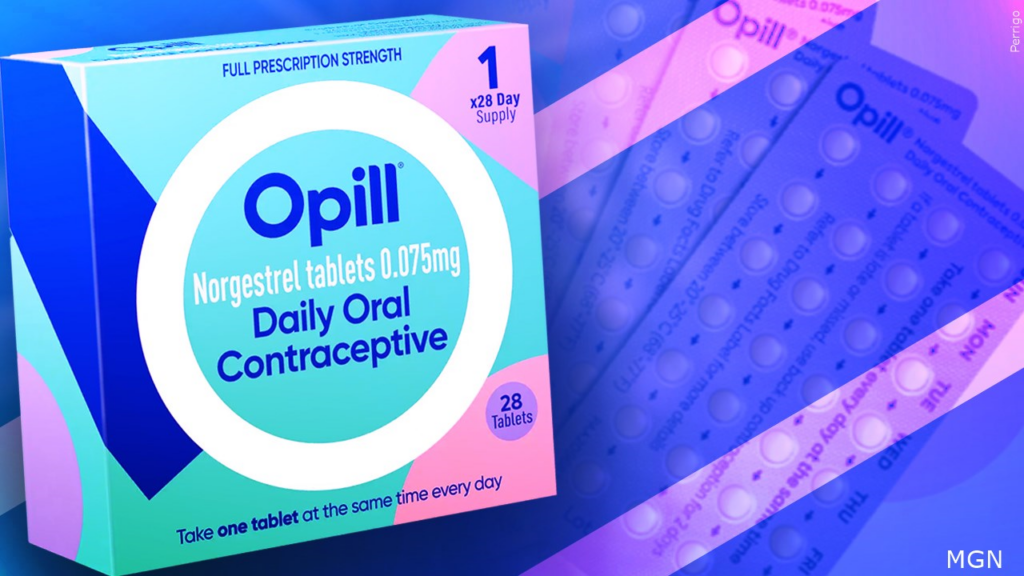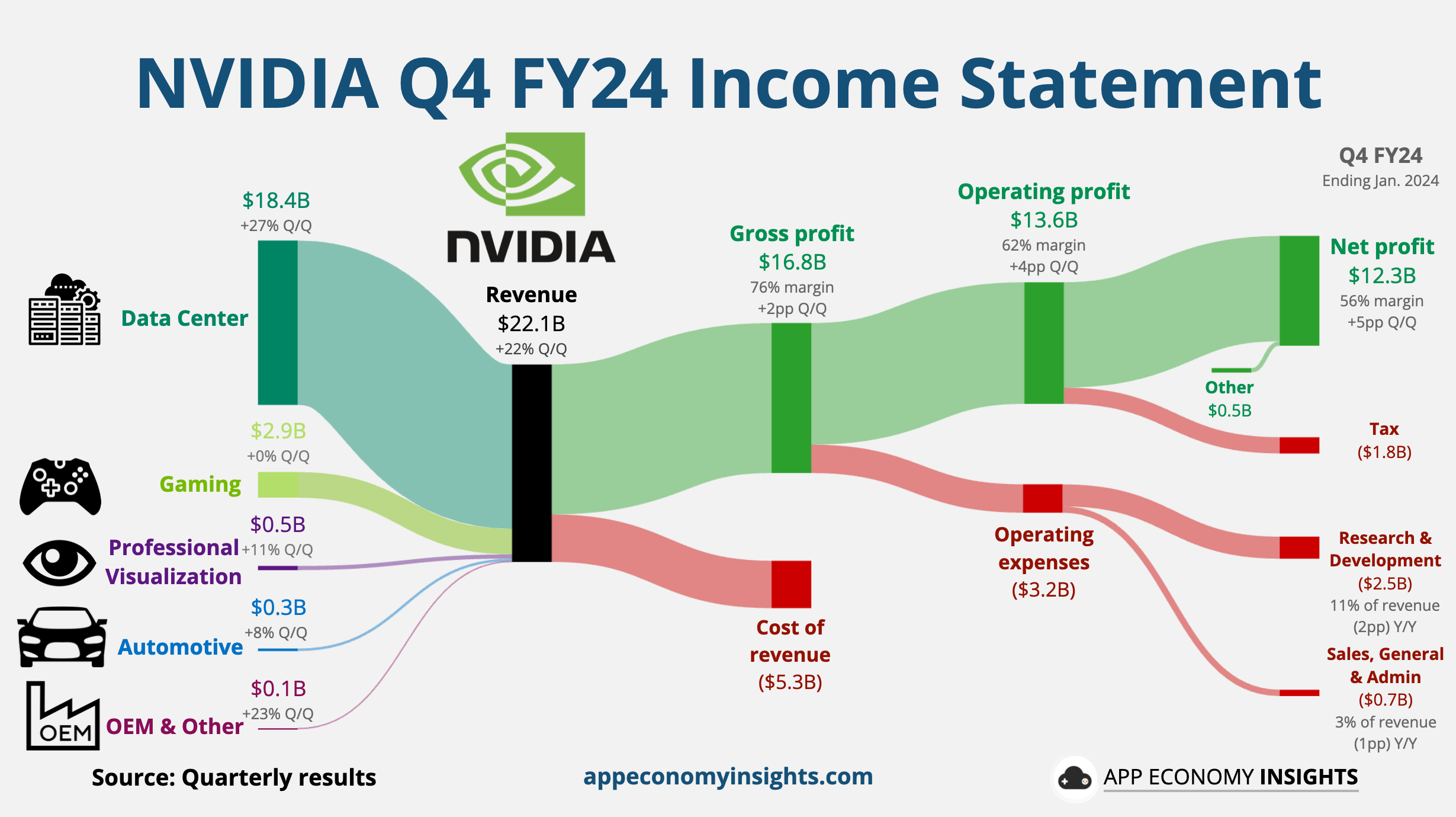The Future Of Family Planning: Over-the-Counter Birth Control In A Post-Roe World

Table of Contents
Increased Access and Convenience: The Promise of OTC Birth Control
The current system of accessing birth control presents significant hurdles for many. Over-the-counter birth control offers a powerful solution by addressing these critical barriers.
Breaking Down Barriers to Access:
-
Geographical Limitations: Millions of Americans, particularly those living in rural areas or underserved communities, face significant challenges accessing healthcare providers. Long distances, limited transportation options, and a shortage of healthcare professionals create insurmountable obstacles to obtaining prescription birth control. OTC birth control eliminates the need for appointments, travel, and potentially costly transportation.
-
Eliminating Prescription Requirements: The process of obtaining a prescription for birth control can be time-consuming, involving appointments, consultations, and potential wait times. Over-the-counter birth control bypasses this cumbersome process, making it significantly more accessible.
-
Convenience and Accessibility: The convenience of purchasing OTC birth control at local pharmacies mirrors the ease of purchasing other common medications. This accessibility significantly reduces barriers and empowers individuals to take control of their reproductive health proactively.
-
Financial Barriers: The cost of healthcare, including doctor visits and prescription medications, can be prohibitive for many individuals, especially those lacking health insurance or facing financial constraints. OTC birth control offers the potential for greater affordability, enhancing access for those who previously struggled to afford prescription contraception.
Empowering Individuals to Take Control of their Reproductive Health:
The shift to OTC birth control reflects a move from a paternalistic healthcare model to one that prioritizes patient autonomy. This empowers individuals to make informed decisions about their bodies and their reproductive futures.
-
Autonomy in Reproductive Decisions: Access to OTC birth control directly supports individual autonomy, allowing individuals to make informed decisions about their reproductive health without navigating potentially complex or judgmental healthcare systems.
-
Increased Access to Information: The availability of OTC birth control is intrinsically linked to improved access to information. Clear and concise labeling, coupled with educational campaigns, can equip individuals with the knowledge to make safe and effective choices.
-
Addressing the Unmet Need: Statistics consistently show that a significant percentage of women lack access to birth control. The availability of OTC birth control offers a direct solution to this unmet need, ensuring that reproductive healthcare is within reach for more people.
Addressing Concerns and Challenges: Safety, Misinformation, and Regulation
While the potential benefits of OTC birth control are substantial, it is crucial to address associated concerns and challenges proactively.
Ensuring Safe and Responsible Use:
-
Comprehensive Information and Education: Clear and accessible information regarding proper usage, potential side effects, contraindications, and emergency contraception is paramount. Educational campaigns must accompany the increased access to ensure safe and effective use.
-
Addressing Misuse and Self-Medication: Concerns about potential misuse or self-medication necessitate a robust approach to education and public awareness. The role of pharmacists in providing guidance and support cannot be understated.
-
Pharmacist Training and Support: Pharmacists will play a vital role in providing crucial information and answering questions about over-the-counter birth control. Appropriate training and resources for pharmacists are essential for ensuring safe and responsible dispensing.
Combating Misinformation and Promoting Accurate Information:
Misinformation surrounding birth control's effectiveness and safety is rampant. Combating this requires a multi-pronged approach.
-
Reliable Information Sources: Highlighting reliable sources of information – such as medical professionals and government health agencies – is essential.
-
Media Literacy and Fact-Checking: Promoting media literacy and encouraging critical evaluation of information sources are crucial to combatting the spread of misinformation.
-
Public Health Campaigns: Targeted public health campaigns can provide accurate information and counter false narratives, empowering individuals to make informed decisions.
Navigating Regulatory Hurdles and Ensuring Equitable Access:
The regulatory pathway for making birth control available OTC is complex and requires careful consideration.
-
Regulatory Process and Affordability: The regulatory process must ensure both safety and affordability, balancing public health with accessibility for all socioeconomic groups.
-
Addressing Health Disparities: It is crucial to address potential health disparities, ensuring equitable access across racial, ethnic, and socioeconomic groups. This might involve targeted outreach programs and community-based initiatives.
The Future of Family Planning: Beyond OTC Birth Control
The broader context of reproductive healthcare extends beyond OTC birth control.
Expanding Access to Comprehensive Reproductive Healthcare:
-
Beyond Contraception: Access to comprehensive reproductive healthcare includes STI testing and treatment, prenatal care, and other essential services.
-
Addressing Systemic Barriers: Addressing systemic barriers, such as lack of insurance coverage and limited access to healthcare providers, is essential for achieving true reproductive equity.
-
Telehealth Solutions: Telehealth services can play a significant role in bridging gaps in access, particularly for individuals in rural or underserved areas.
Technological Advancements in Contraception:
Technological advancements hold great promise for the future of family planning.
-
Long-Acting Reversible Contraception (LARC): LARC methods such as IUDs and implants offer long-term effectiveness and convenience. Increased access to these methods can significantly impact family planning choices.
-
Future Innovations: Ongoing research and development in contraceptive technology will continue to shape the future of family planning, potentially leading to safer, more effective, and more convenient options.
Conclusion: Over-the-Counter Birth Control: A Crucial Step Towards Reproductive Freedom
Over-the-counter birth control presents a significant opportunity to enhance access to reproductive healthcare, improving convenience and affordability. While challenges related to safety, misinformation, and equitable access remain, proactive strategies can mitigate these risks. By supporting policies that expand access to affordable and convenient over-the-counter birth control options, we can take a crucial step towards reproductive freedom for all. Learn more about the fight for access to over-the-counter birth control and how you can support this crucial step towards reproductive freedom.

Featured Posts
-
 Is Palantir Stock A Buy Right Now A Comprehensive Analysis
May 09, 2025
Is Palantir Stock A Buy Right Now A Comprehensive Analysis
May 09, 2025 -
 The Life And Career Of Jeanine Pirro Education And Financial Success
May 09, 2025
The Life And Career Of Jeanine Pirro Education And Financial Success
May 09, 2025 -
 Can Androids Updated Look Compete With I Phones For Gen Z
May 09, 2025
Can Androids Updated Look Compete With I Phones For Gen Z
May 09, 2025 -
 Apple At The Ai Tipping Point A Look At Its Strengths And Weaknesses
May 09, 2025
Apple At The Ai Tipping Point A Look At Its Strengths And Weaknesses
May 09, 2025 -
 Conservative Pundit Jeanine Pirro Headed To North Idaho
May 09, 2025
Conservative Pundit Jeanine Pirro Headed To North Idaho
May 09, 2025
